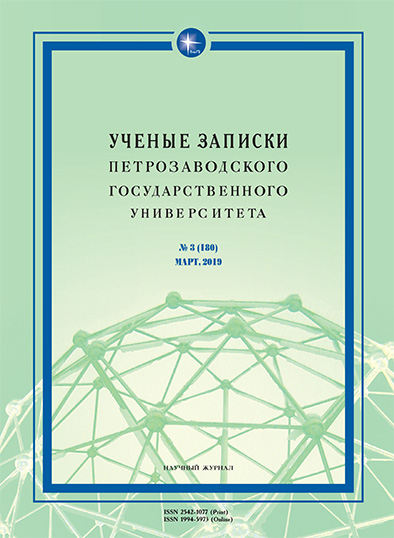ИНВЕКТИВНАЯ ФУНКЦИЯ РУССКИХ ЗООНИМОВ
В АСПЕКТЕ ЛИНГВОЭКСПЕРТОЛОГИИ
INVECTIVE FUNCTION OF RUSSIAN ZOONYMS
IN THE ASPECT OF LINGUISTIC EXPERTOLOGY
Author(s): Nadezhda Nikolaevna MadzhugaSubject(s): Language and Literature Studies, South Slavic Languages
Published by: Петрозаводский государственный университет
Keywords: invective zoonyms; borzyj; krysa; invective function; the concept of “fixation and functioning”; invectiveness criteria; invective units classification; dictionary of invective units;
Summary/Abstract: The aim of the article is to analyze the functioning of the invective zoonyms borzyj and krysa. The novelty of the study lies in the factthat the conception of “fixation and functioning” is based on the linguistic analysis of invective zoonyms, which involves a comprehensive analysis of dictionaries that fix the word under study and the tokens of its usage from legal aid web-sites, the National Corpusof the Russian Language, and the published texts of linguistic expertise. The following criteria, the fulfillment of which allows toclassify the word as an invective unit, are elicited: the criterion of the addressee, revealed from the investigated contexts taken from legal web-sites; the criterion of abusive character, marked with litters from dictionaries of the modern Russian language; and the functional criterion, based on the intention of the addressee of the utterance that contains an invective, and assuming the use of an invective unit in a function implying the intention to generate a conflict. The quantitative calculations method revealed the percentage ratio of using the words borzyj and krysa, which meet the specified criteria in the sphere of fixation and the sphere of functioning.Thus, the word borzyj is classified as a “potentially invective word” (for which the invectiveness criteria are met in less than 50 % of tokens), and the word krysa – as a “word with an invective connotation” (for which the specified criteria are met in more than 50 %of tokens). The third category – “actual invective units” – includes the words for which the invectiveness criteria are met in more than90 % of tokens. These are mainly obscene and abusive vocabulary units. It is assumed that the proposed conception of “fixing and functioning” invective units, the method of complex linguistic analysis of invectives, and the invective units classification proposed by the author can form the basis for the selection of words for the future dictionary of invective units intended for linguistic experts.Invective zoonyms must be included into such dictionary as a separate thematic group.
Journal: Ученые записки Петрозаводского государственного университета
- Issue Year: 2019
- Issue No: 3 (180)
- Page Range: 108-112
- Page Count: 5
- Language: Russian

